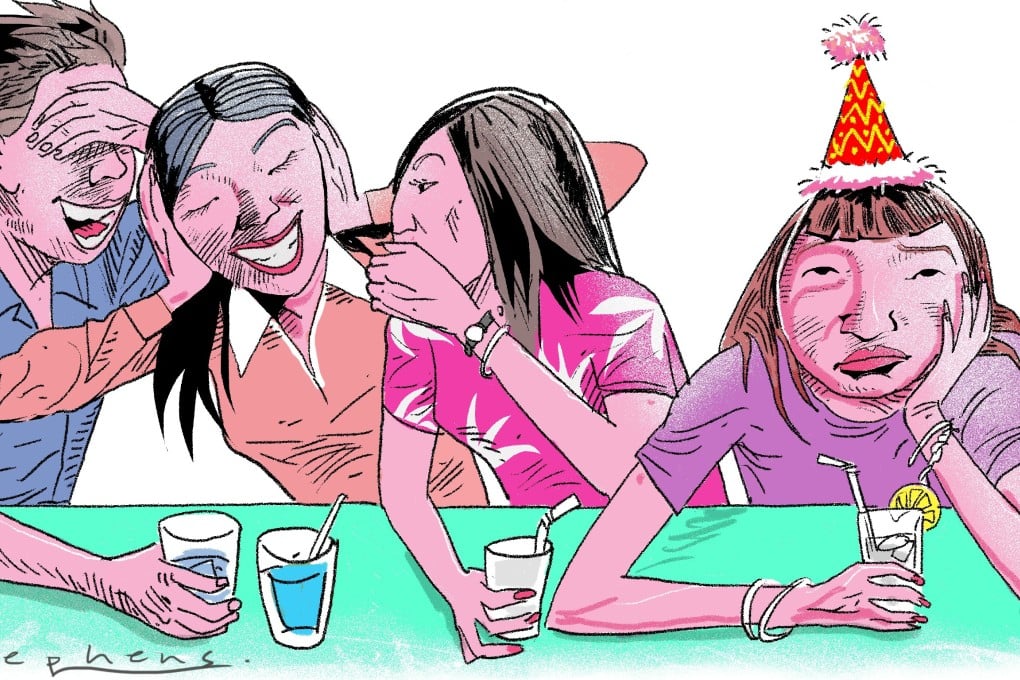Advertisement
Opinion | This Lunar New Year, let’s have fewer questions about our private lives and more discussion of society’s ills
- Audrey Jiajia Li says Lunar New Year gatherings can be a harrowing time for single women and those without children, who are grilled on their lifestyle choices. More difficult questions about events in the public domain, however, are always avoided
Reading Time:4 minutes
Why you can trust SCMP

The Lunar New Year is around the corner. For many 30-something women like myself and my girlfriends, the thought of the upcoming reunions inspires a mix of excitement and anxiety. While we look forward to catching up with relatives and friends, many of us dread the annual ritual of being grilled with questions such as, “Are you still single?”, “How much does your boyfriend make?”, “When are you going to get married / have a baby?” and “Why don’t you have another baby, now that the one-child policy has been relaxed?”
This is a familiar scene at New Year family dinners and the gatherings that come after. If you are an unwed woman over 30, you may be called a “leftover woman” and treated like some errant alien desperately in need for rescuing. Married women who do not have children have it even worse, often having to endure lectures on how “a woman is not complete without a child” while trying to enjoy their meal.
The commonly accepted practice of prying into one another’s private lives in China is strikingly at odds with the indifference to matters in the public domain. The prevailing social etiquette is to stay away from anything sensitive – social justice, media censorship, individual rights and other issues of public interest. Across generations, parents and teachers tell the young that being interested in politics only leads to trouble.
Advertisement
Although occasionally there are committed activists speaking up on social issues – from air pollution and defective vaccines, to corruption and the lack of freedom of expression – beyond the limits the authorities tend to tolerate, in everyday life, even showing concern about these taboo subjects can make one the target of hatred.
Advertisement
As a journalist who believes that the profession has an obligation to raise awareness and as someone curious about my ever-changing homeland, I’ve had my share of animosity from people around me, having been asked questions along the lines of “What’s wrong with you? Why are you so zealous about ‘those’ things?” Someone even went so far as to encourage my parents to knock some sense into me so that I’d do something normal, like giving birth to a child or two, instead of reporting and commenting on dangerous “pointless things”.
Advertisement
Select Voice
Choose your listening speed
Get through articles 2x faster
1.25x
250 WPM
Slow
Average
Fast
1.25x
